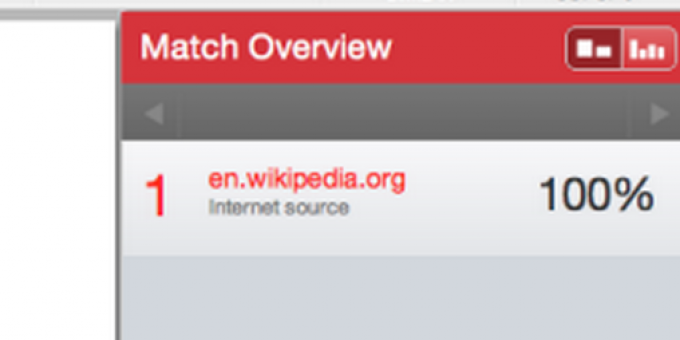
Mouse Click Plagiarism
Imitation may be the sincerest form of flattery—unless you’re a college student writing a course paper. Many colleges are trying to crack down on plagiarism through honor codes and new technologies (like “Turnitin”) that systematically check papers. But in today’s culture of memes and mass collaboration, is the definition of plagiarism shifting?
Yes, says legal scholar Deborah Gerhardt. One reason so many students submit plagiarized work, she claims, is that academia often valorizes rote memorization and copying—in exam-taking, for example. In her 2006 article, “Plagiarism in Cyberspace,” Gerhardt notes that copying and recycling is pervasive in popular culture today.
But Nicole Auer and Ellen Krupar (Library Trends, 2001) disagree, arguing that “mouse click plagiarism” (the tendency for people to simply copy and paste material from the Internet and pass it off as their own) is certainly stealing. While imitation may have once been flattering, it is now widely considered criminal—or at the very least, disrespectful.
Broadcaster Rachel Maddow exposed Kentucky Senator Rand Paul’s “borrowing” practices: in one of his speeches, he repeated verbatim a synopsis of Gattaca found in Wikipedia. Since then journalists have scrambled to find additional evidence of such appropriations. However, few agree on the severity of the infraction. For example, there is little consensus on whether it is it worse to quote someone else’s work in a speech, without attribution—or in a book.
What we do know is that growing popularity of referencing recycled or mass-collaborated material raises the question of “who copied whom” and where are we getting our information from—questions that will become increasingly difficult to answer.
